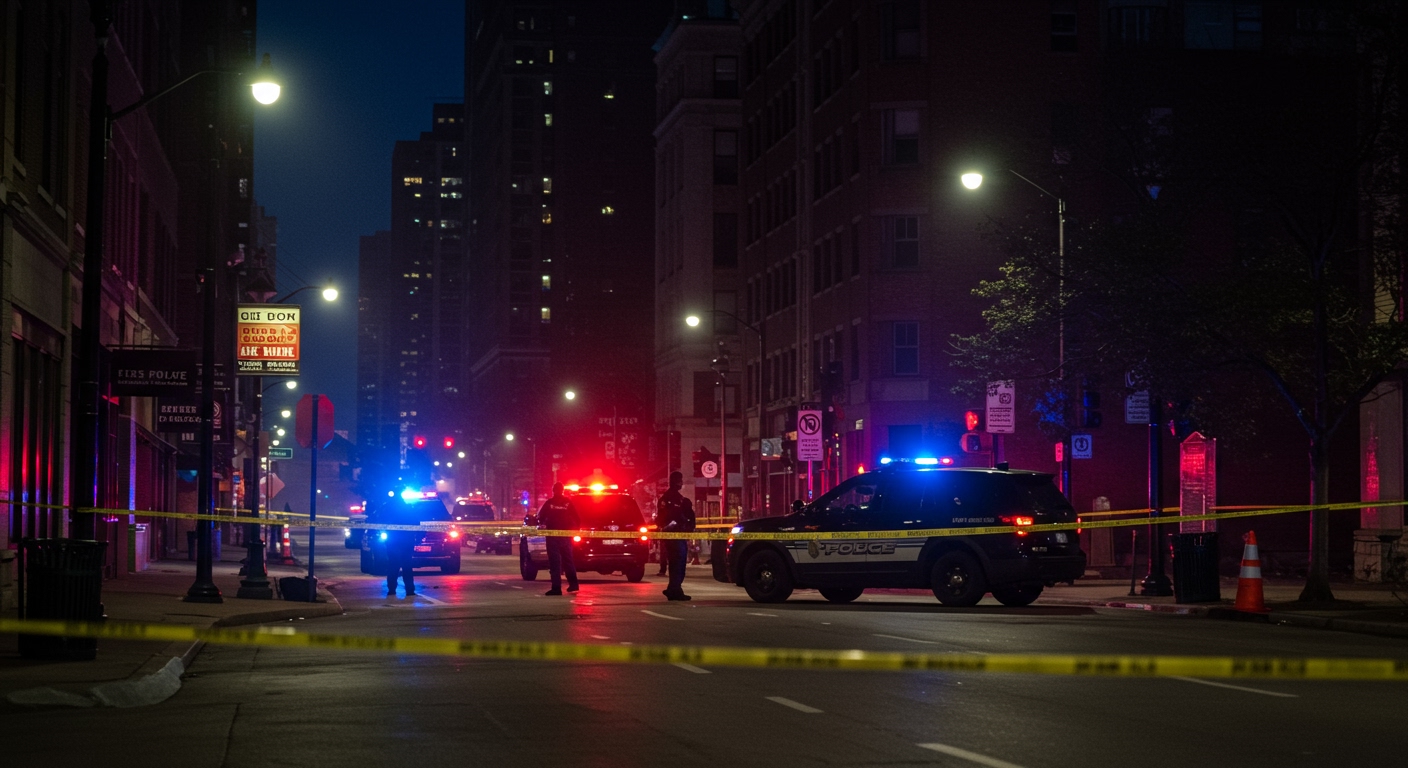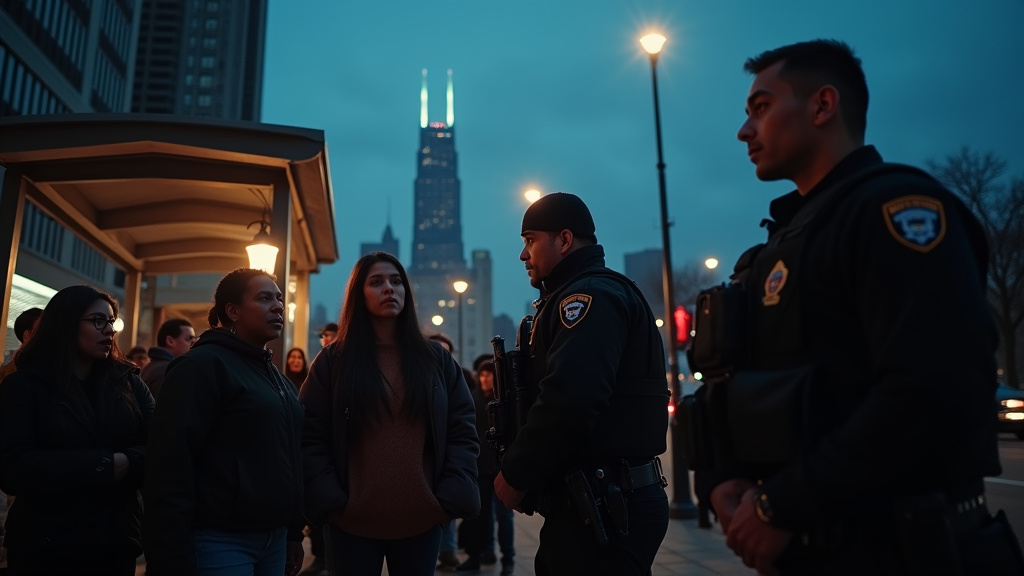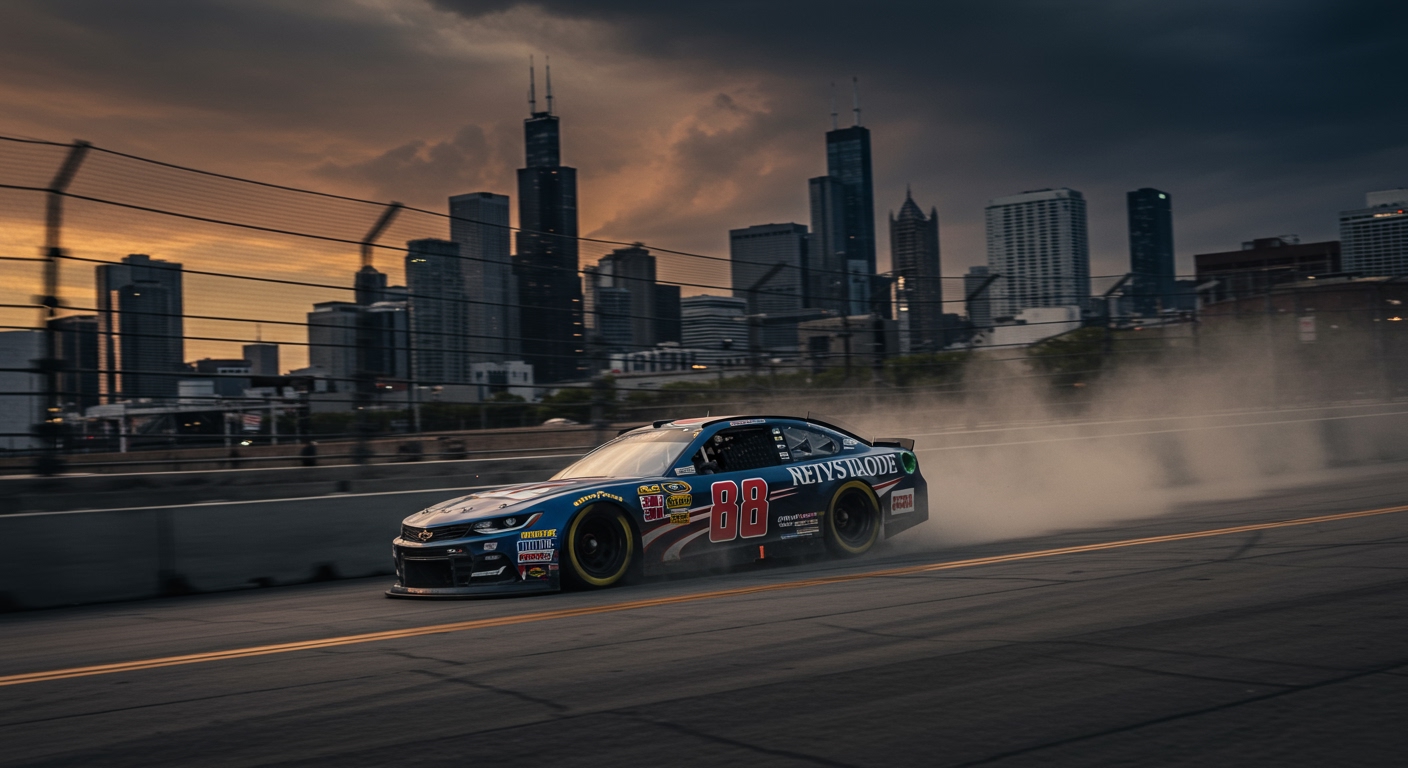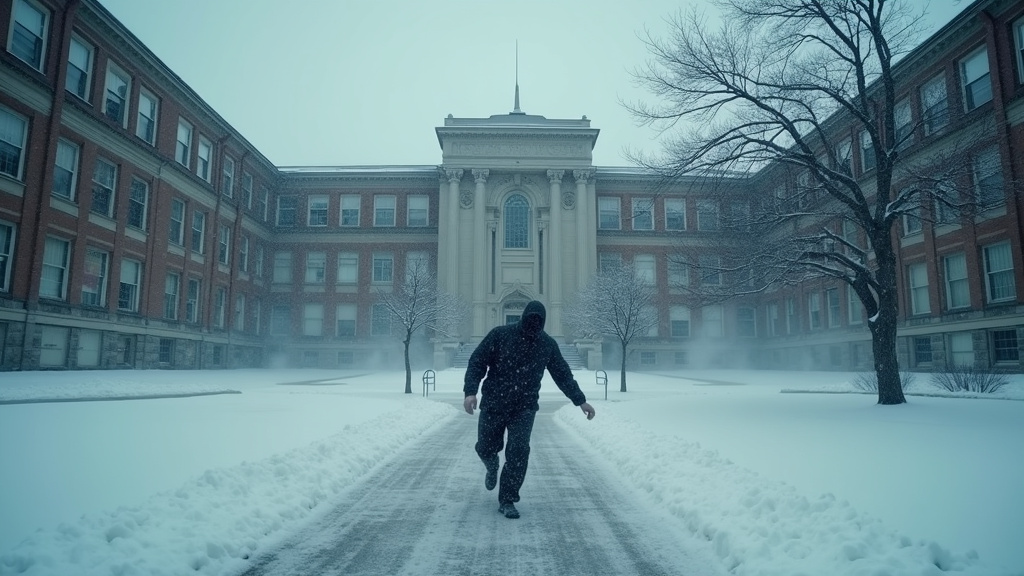CHICAGO, IL – Following a particularly violent Labor Day weekend that saw dozens shot and several killed, President Donald Trump ignited a fierce political confrontation by labeling Chicago the “worst and most dangerous city in the World, by far.” His pronouncements, amplified across social media and addressed to reporters, directly targeted Illinois Governor JB Pritzker and Chicago Mayor Lori Lightfoot, asserting that federal intervention was imminent.
A Surge of Violence Over the Holiday Weekend
The grim statistics from the Labor Day weekend period painted a stark picture of the violence plaguing Chicago. Official reports indicated that approximately 54 people were shot, with seven fatalities recorded across the city between Friday night and Monday morning. This surge in gun violence included multiple mass shootings and drive-by attacks, affecting victims as young as 14 and underscoring the persistent challenges of crime in certain urban areas.
Trump’s Scathing Accusations and Federal Threats
President Trump seized upon the weekend’s events, amplifying his long-standing criticisms of Chicago’s crime rate. In a series of social media posts, he declared Chicago the “murder capital of the world” and asserted that Governor Pritzker “needs help badly.” Trump stated his intention to “solve the crime problem fast” and promised that Chicago “will be safe again, and soon,” echoing his “Make America Great Again” slogan. Adding a more direct threat, the President indicated he was considering, and later declared he would, send federal troops or National Guard units into Chicago, drawing parallels to his administration’s actions in Washington D.C. and other cities.
Local Leaders Mount Strong Opposition
The President’s rhetoric and proposed federal actions were met with swift and strong condemnation from Chicago’s and Illinois’s top elected officials. Governor JB Pritzker denounced Trump’s statements as “hateful and dishonest” and a “manufactured crisis,” arguing that the President was attempting to “inflame something that will cause a problem that he can then point at.” Pritzker emphasized that Chicago did not need or want military intervention, stressing the importance of coordination with local law enforcement and questioning the legality of unilateral federal troop deployments within state borders. He suggested that Trump’s actions were more about political spectacle than genuine crime reduction.
Mayor Lori Lightfoot echoed these sentiments, asserting that Trump’s characterizations did not reflect the reality on the ground in Chicago. She highlighted that violent crime had seen reductions in certain periods and suggested that federal agents could exacerbate tensions rather than quell violence. Lightfoot called for a focus on addressing the root causes of crime, such as gun reform and community investment, rather than deploying federal forces without local cooperation.
Contextualizing Chicago’s Crime Landscape
While Chicago consistently ranks high in total homicide numbers compared to other U.S. cities, a deeper dive into crime statistics reveals a more nuanced picture. Per capita rates for violent crime, while concerning, often place Chicago below several other major metropolitan areas. City officials, including Mayor Johnson in subsequent periods, have pointed to significant year-over-year decreases in homicides, shootings, and other violent crimes, attributing these improvements to targeted community safety initiatives and increased police clearance rates. However, the concentration of violence in specific neighborhoods remains a critical challenge, often linked to gang activity and the illegal gun trade.
A Political Clash Over Federal Intervention
President Trump’s confrontational approach towards cities with Democratic leadership has become a recurring theme. His focus on Chicago, framing it as a national embarrassment due to its crime rates, is seen by critics as a political tactic to energize his base and criticize opponents. The debate over federal intervention highlights a broader tension between federal and local control in policing and crime reduction strategies. The prospect of federal troops on city streets, particularly without local consent, raises significant concerns about civil liberties and the potential for increased community-police conflict.
The HEADLINE-grabbing statements from the President, while intended to draw attention to urban crime, have amplified divisions. The NEWS cycle surrounding Trump’s comments and the subsequent pushback from Illinois officials underscores the complex and often politicized nature of addressing crime in America’s major cities. As this TOP issue continues to unfold, the debate over the most effective strategies for ensuring public safety remains a central point of contention, with CHICAGO often at the epicenter of this national conversation. The VIRAL nature of Trump’s pronouncements ensures this issue remains prominently in the public eye.














